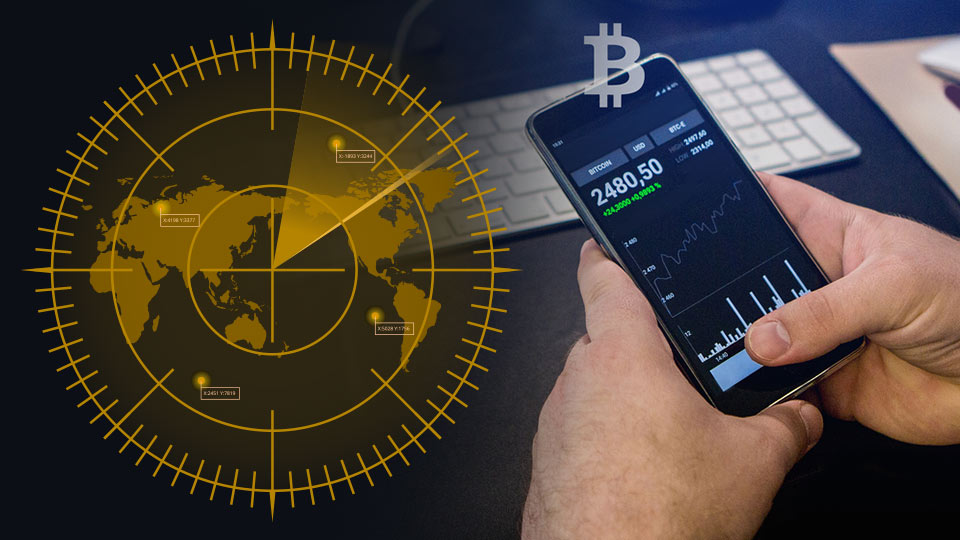The U.S. National Security Agency reportedly has been monitoring Bitcoin users since 2013 on a global scale — with an express imperative to identify supposedly anonymous users and monitor their online cryptocurrency related activities.
The NSA is an intelligence agency responsible for clandestinely monitoring, collecting and processing communications for the U.S. military.
Classified data obtained and distributed by NSA leaker Edward Snowden alleges that the agency has used unmasking tactics to reveal the identities of Bitcoin blockchain users, reported the Intercept, an intelligence news site.
The creation of Bitcoins is publicly recorded and viewable on a blockchain ledger. The identities of Bitcoin miners are anonymous, identified only via alpha-numeric codes.
The NSA uses an advanced computer program called OAKSTAR to monitor Bitcoin user’s online activities, the Intercept reported.
Another program, called MONKEYROCKET, is employed to specifically isolate and track down Bitcoin users who initiate digital currency transactions.
Snowden’s leaked data suggests that the MONKEYROCKET program was used to try to identity anyone who sent or received digital currency online.
The classified data revealed by Snowden is heavily redacted, though publicly available information may corroborate the Intercept’s explosive report.
Along with the NSA, the Department of Homeland Security (DHS) also was alarmingly concerned in 2013 by the rising popularity of cryptocurrencies and their potential to enable criminal activity online.
Brian de Vallance, then the acting assistant secretary for legislative affairs for the DHS, wrote a November 2013 letter to Congress that said, “with the advent of virtual currencies and the ease with which financial transactions can be exploited by criminal organizations, DHS has recognized the need for an aggressive posture toward this evolving trend.”
Privacy conscious
Cryptocurrencies can be created by anyone with a computer and are not regulated by any government or financial regulatory authority. Sending them online is virtually untraceable.
Anonymity means they can easily be used for criminal enterprise, money laundering and the financing of terrorist acts, critics argue. This particular concern may be the impetus behind the NSA’s efforts.
The NSA’s alleged activities, however, pose a threat to online cryptocurrency transaction privacy. For instance, the warrantless collection of Bitcoin user data could be used for prosecution of any crime.
Emin Gun Sirer, associate professor and co-director of the Initiative for Cryptocurrencies and Contracts at Cornell University, believes that Bitcoin users are “privacy conscious” when it comes to financial transactions and “will switch to privacy-oriented coins.”
Referencing Bitcoin’s mandate for privacy, Sirer said, “when the adversary model involves the NSA, the pseudonymity disappears. You should really lower your expectations of privacy on this network.”


